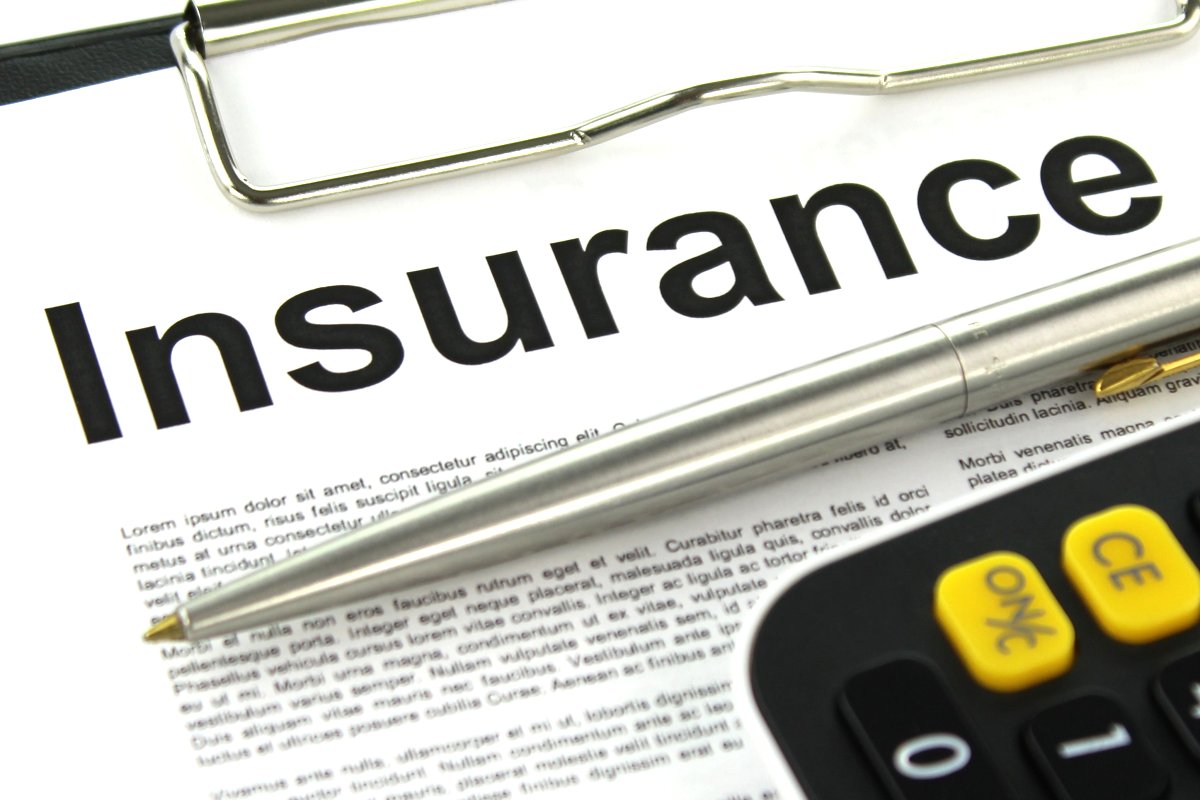
Having good credit is a necessity for making big purchases in life. Buying large items like a new car or your own home requires you to have a good credit score. Your credit affects whether you can make the purchase and whether you’ll get approved for a low interest rate.
It can be tricky, but there are several ways to build your credit wisely without putting yourself in a financial hardship. Many of them revolve around responsibly interacting with your existing lines of credit. A few simple steps can help you build a higher credit score.
1. Take Out a Secured Credit Card
You can start improving your credit by using a secured credit card. These types of cards don’t require a credit check to be approved. They do, however, require an upfront deposit of funds to the card. Then, use your card for purchases.
Though you’ve deposited funds, you’ll still need to pay off the card each month to build credit. Typically, what you load your card with is the credit limit. For example, if you deposit $100, then your limit is $100. The card company reports to the major credit bureaus and that can help increase your score.
Say, for example, you deposit $100 into your secured credit card account from your personal savings or checking account. You then use your card to buy a few tanks of gas that month and it totals $73. At the end of the month, you can pay it right off. You still have $27 available on your credit card for the next month.
Paying on time and not maxing out the card helps increase your credit. Like unsecured credit cards, if you have a balance, you will be charged interest.
One benefit of using secured credit cards is they carry less of a risk for you to rack up debt. By requiring the upfront cash deposit, you’re effectively loaning yourself the money. Your credit limit is often lower as well.
Traditional, unsecured cards can get you into trouble by allowing you to borrow more than you can potentially pay off. Using secured credit cards lets you set the amount you will pay before you even start swiping for the month.
2. Be Wary of Opening Too Many Credit Lines
It can be tempting to open several credit cards at once when trying to build credit. Some of them offer free promotional items, gift cards, or cash-back incentives. You can get yourself in trouble if you see so many opportunities to spend with several cards. Know yourself. If you’re impulsive or not disciplined, just stick to the one secured credit card.
Another reason to be wary of opening too many cards in a short window is what happens to your credit. Many card companies will pull your credit report. They do this to make sure you can afford it and have the score they require. Even store credit cards will make an inquiry on your report. This can negatively ding your credit, especially if you get turned down for any of them.
Likewise, the more cards you have, the harder it is to remember all the due dates. It’s also more that you have to pay out each month in payments.
3. Maintain a Low Credit Utilization Rate
One area the credit bureaus use to assess your credit score is your credit utilization ratio. As discussed earlier in this article, it’s best if you pay off your credit card every month. Many people have a hard time doing that, though.
If you’re not able to pay it off, try to keep your balance as low as possible. Having a card maxed out, for example, means you are using 100% of your credit line or limit.
If you can keep all your debts under a 30% utilization, that will help your credit. This gives the impression to lenders that you are interacting with debt in a responsible way and not overspending. Continue keeping your credit usage as close to 30% or under to build up your credit.
If you pay off a credit card, keep the account open as well. There are two reasons to not close a paid off account right away. One, closing several accounts at once can lower credit. This is because credit bureaus look at debt types and the length of time you’ve had accounts.
The longer your account is open, the more payment history you have to show. The other reason to keep them open with a zero balance is because you will have a full credit line availability. That can help move your score in a positive direction as well.
4. Make a Budget and Stick to It
Making a budget and holding yourself accountable can go a long way in building up credit. Why is that? Creating the budget lets you develop a game plan for your finances for the month. You know how much income will be coming in and how much money will be going out in bills. You can then plan for your daily life for food, gas, necessities, and spending money.
Having an intentional game plan also means you have your money allocated so you don’t get behind. Paying your credit card bills and rent or mortgage on time and in full helps build your score.
Budgeting also keeps you from racking up more credit card debt. It’s tempting to put things on your credit card at the end of the month if you end up short. You hopefully won’t find yourself in a pinch by having a budget. Having a plan helps curb your excitement when the paycheck comes in so you don’t blow it all at once.
By making responsible choices, you can build your credit while avoiding debt. It all comes down to setting a budget to not overextend yourself and using your cards wisely.
Knowing yourself and which type of credit you can use without getting yourself in hot water is key as well. Not running up a high credit utilization rate can help keep you from putting a strain on your finances.
Stay focused and follow these guidelines to be on the way to building your credit. Once you’ve built your credit, you can make the purchases you want without putting yourself in financial hardship.










